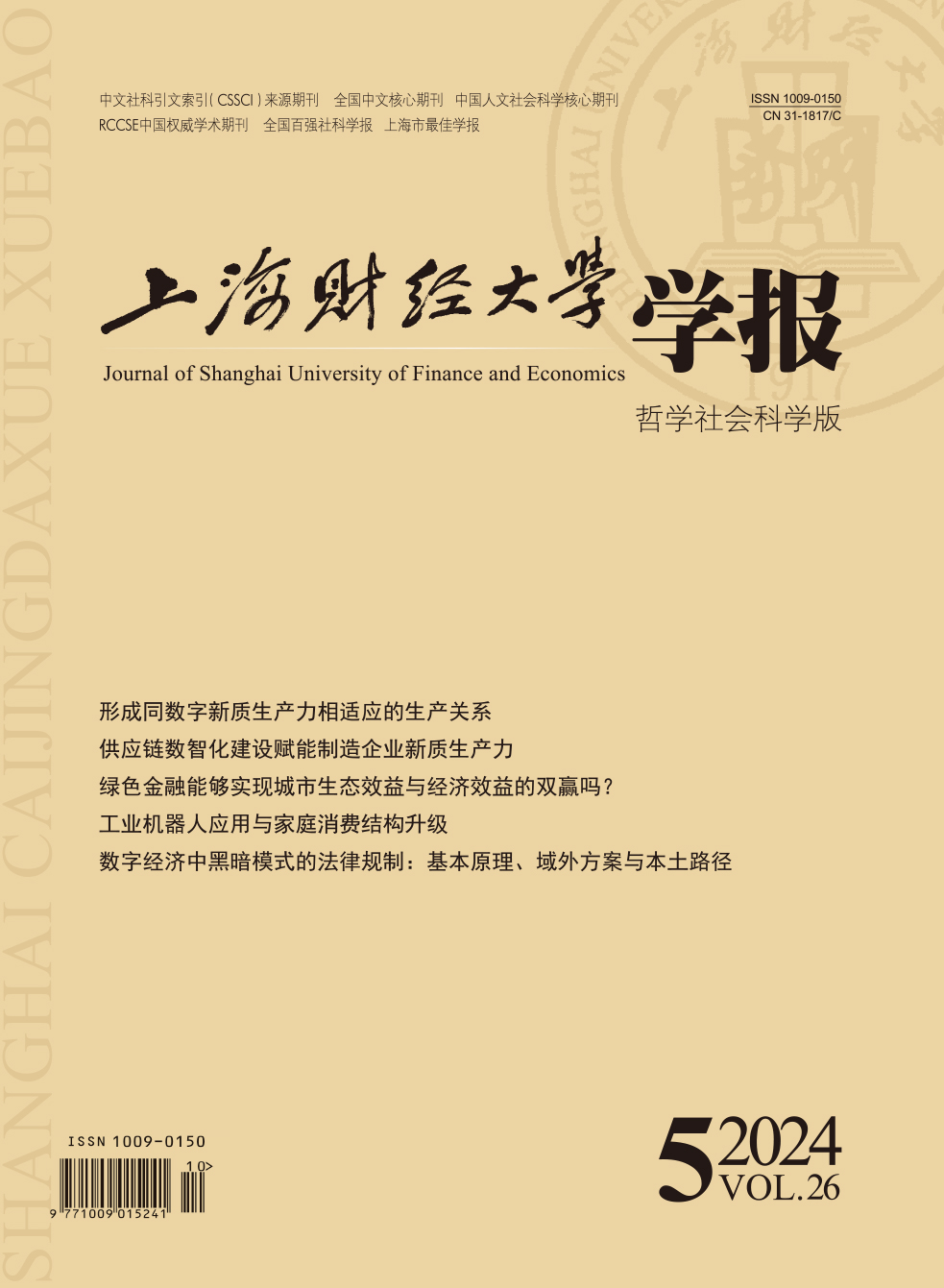Economic responsibility audit focuses on the management, allocation, and use of state-owned assets, strengthens the constraints and supervision of power operation, and has significant significance in urging leaders of state-owned enterprises (SOEs) to regulate the exercise of power and play the role of national audit governance. Taking the implementation of the New Regulations on Economic Responsibility Audit in 2019 as a natural experiment, this paper uses data from A-share listed companies from 2016 to 2021 to examine the impact of economic responsibility audit on SOEs’ cash holdings. The empirical results show that the level of cash holdings after the New Regulations is reduced by 16.07% on average compared to that before the New Regulations. Further analysis finds that economic responsibility audit reduces cash holdings by lowering agency costs and thus ultimately enhances corporate value. Cross-sectional examination shows that when the shareholding ratio of institutional investors is high, the quality of external auditing is high, and the motivation for management promotion is strong, the negative correlation between economic responsibility auditing and cash holdings in SOEs is more pronounced. This paper provides empirical evidence of the causal relationship between economic responsibility audit and SOEs’ cash holdings, which not only enriches the study of the economic consequences of economic responsibility audit, providing theoretical reference and practical guidance for deepening the reform of audit system, but also provides important implications for enhancing the governance capacity of SOEs and realizing the improvement of quality and efficiency of state-owned assets.
This paper makes the following contributions: First, it confirms the impact of economic responsibility audit on SOEs’ cash holdings, and reveals the micro-governance effect of economic responsibility audit in achieving the healthy development of enterprises and the preservation and appreciation of state-owned assets, expanding the research on corporate financial decision-making. Second, the exogenous impact of the New Regulations on Economic Responsibility Audit proves the importance of economic responsibility audit in optimizing the resource allocation of SOEs, providing empirical evidence for economic responsibility audit to promote the modernization of national governance system and governance capacity.





 4278
4278  6168
6168

